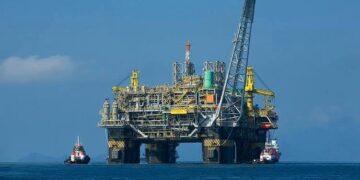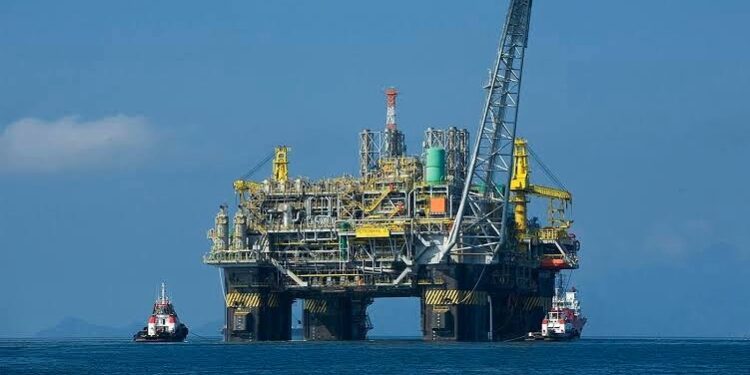By John Ikani
Nigeria’s upstream sector has recorded a YoY increase in its rig count, according to the Organisation of Petroleum Exporting Countries (OPEC) February 2023 Monthly Oil Market Report (MOMR).
The rig count rose by 116.7% to 13 in January 2023, compared to the same period last year, while it also increased by 8.3% MoM, from 12 recorded in the preceding month of December 2022.
The data indicated that this was the highest since 2020. However, Nigeria’s rig count was not the highest among African countries, with Algeria topping the list with 31 rigs while Equatorial Guinea had zero rigs.
In light of this, OPEC has called on its member states, including Nigeria, to increase their investment in exploration and production capacity in order to meet demand.
Nigeria’s Minister of State for Petroleum Resources, Chief Timipre Sylva, has also urged local and foreign investors to invest in the industry.
Speaking at the Invest in African Energy Reception in London, Mr. NJ Ayuk, the Executive Chairman of the African Energy Chamber, noted that Nigeria has become an attractive destination for foreign investment since the signing into law of the Petroleum Industry Act in 2021.
The Act has overhauled the country’s regulation and governance, prioritizing transparency, procedural clarity and attractive fiscal terms for regional and international players.
This has positioned Nigeria as the biggest oil producer in Africa in 2023, despite a year of production declines owing to challenges associated with oil theft and reduced exploration.
The country is more ambitious than ever when it comes to expanding the oil and gas market even further, with the government incentivizing Exploration and Production (E&P) activity to boost production levels further.
Opportunities for upstream players have opened up.
Nigeria also has over 200 trillion cubic feet (tcf) of proven natural gas reserves and is well-positioned to feed into regional supply chains, thereby opening up new opportunities for electrification and industrialization in Africa.
Initiatives such as the African Continental Free Trade Agreement and the progressing Central African Pipeline System are making intra-African gas trade possible, with Nigeria at the forefront.
Investors are encouraged to capitalize on the opportunities present across this rapidly growing market.



































